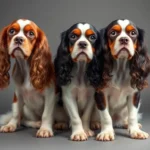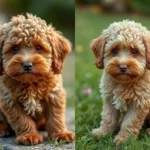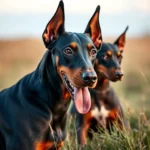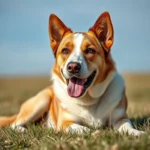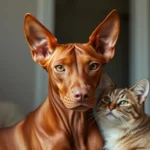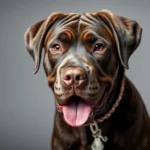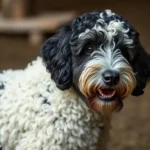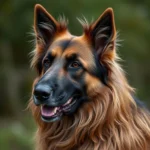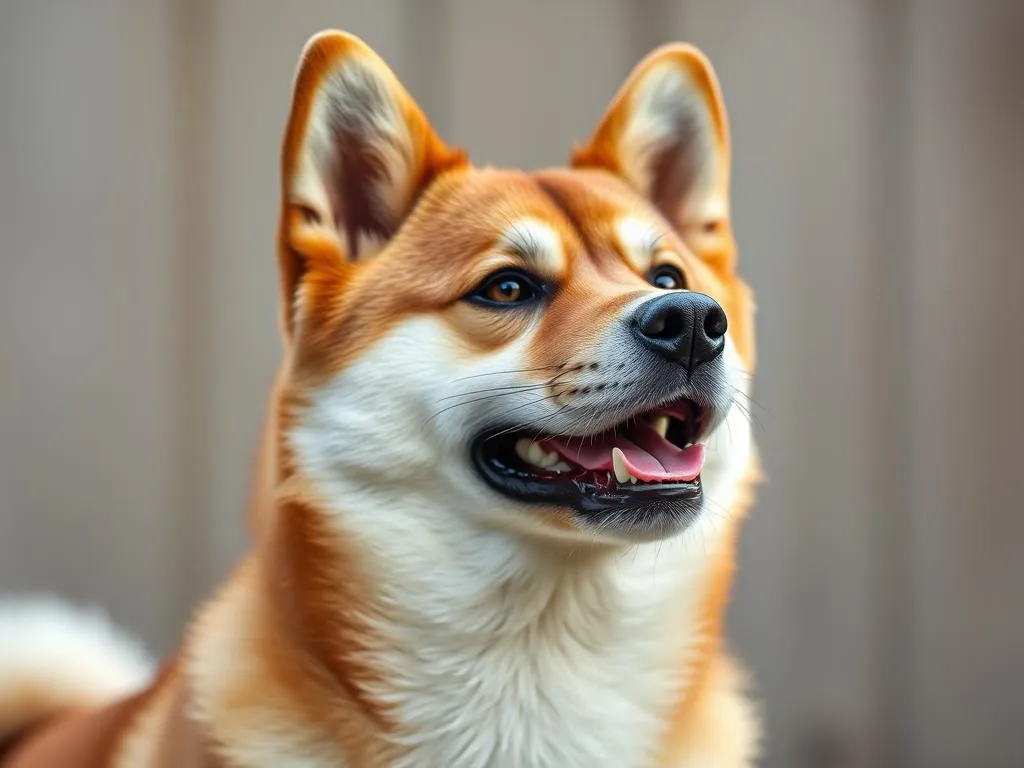
Introduction
The Shiba Inu is a captivating dog breed known for its spirited personality and distinctive appearance. Originating from Japan, this breed has gained immense popularity worldwide, thanks in part to its charming demeanor and social media presence. Before adopting a Shiba Inu, it’s crucial to weigh the pros and cons of this breed, as understanding their characteristics can significantly impact your experience as a dog owner. This article will explore the Shiba Inu’s history, physical traits, temperament, and the advantages and disadvantages of bringing one into your home.
Overview of the Shiba Inu Breed
History and Origin
The Shiba Inu is one of Japan’s oldest and smallest native dog breeds, with roots tracing back over 2,000 years. Initially bred for hunting small game in the mountainous regions of Japan, the Shiba Inu has cultural significance in Japanese society, often depicted in art and literature. The breed faced near extinction during World War II but was revived through selective breeding, leading to the Shiba Inu we know today.
Physical Characteristics
Shiba Inus are compact and agile dogs, typically weighing between 17 to 23 pounds and standing 13.5 to 16.5 inches tall at the shoulder. They possess a double coat that comes in various colors, including red, sesame (red with black-tipped hairs), black and tan, and cream. Their most distinctive features are their curled tails and fox-like faces, giving them an alert and spirited appearance.
Temperament and Personality
The temperament of a Shiba Inu is often described as spirited, confident, and independent. They are known for their alertness, making them excellent watchdogs. While they can be affectionate with their families, they may display aloofness towards strangers. Shiba Inus are intelligent dogs, which can make them relatively easy to train; however, their independent nature can lead to stubbornness if not managed correctly.
Pros of Owning a Shiba Inu
Unique Appearance
One of the most notable pros of owning a Shiba Inu is their unique and appealing appearance. Their fox-like face, compact size, and curled tail make them stand out among other breeds. This aesthetic appeal has contributed to their popularity on social media platforms, where countless photos and videos showcase their adorable traits.
Intelligent and Independent Nature
Shiba Inus are highly intelligent dogs that can learn commands quickly. Their independent nature means they do not require constant attention, making them suitable for owners with busy lifestyles. They are capable of entertaining themselves, which can be beneficial for owners who work long hours.
Exercise and Activity Level
Shiba Inus have moderate exercise needs, requiring daily walks and playtime. They enjoy outdoor activities, which can include fetch, agility training, or simply exploring their surroundings. Their energetic nature makes them great companions for active individuals or families who enjoy spending time outdoors.
Health and Lifespan
In terms of health, Shiba Inus are generally robust dogs with a lifespan of 12 to 15 years. They are less prone to certain genetic disorders compared to other breeds, and their double coat helps regulate body temperature, requiring minimal grooming. Their shedding patterns also mean that they typically don’t need extensive grooming sessions, making them a low-maintenance breed in this regard.
Affectionate Family Dogs
Despite their independent streak, Shiba Inus can be incredibly loyal and affectionate with their family members. They possess protective instincts, making them vigilant watchdogs. Their alertness and loyalty can create a strong bond with their owners, particularly if they are socialized properly from a young age.
Cons of Owning a Shiba Inu
Strong-Willed and Stubborn
A significant con of owning a Shiba Inu is their strong-willed and stubborn nature. This can present challenges during training, as they may resist commands or engage in selective listening. To overcome this stubbornness, it’s essential to employ consistent, positive reinforcement training methods and establish leadership early on.
High Prey Drive
Shiba Inus possess a high prey drive due to their hunting background, which can be problematic in households with smaller pets like cats or rabbits. Their instinct to chase can lead to dangerous situations if not managed properly. Owners with small animals should consider this trait seriously before adopting a Shiba Inu.
Grooming and Shedding
While Shiba Inus are relatively low-maintenance in grooming, they do experience seasonal shedding that can be quite substantial. During shedding season, regular brushing is necessary to manage loose fur and minimize allergens in the home. Allergies can be a concern for sensitive individuals, so potential owners should consider this aspect.
Socialization Needs
Early socialization is crucial for Shiba Inus. Without proper exposure to different people, environments, and other animals, they may become wary or aggressive. This can make outings and interactions stressful for both the dog and the owner. Investing time in socialization is vital to developing a well-rounded and confident dog.
Potential Health Issues
While generally healthy, Shiba Inus can be prone to specific health issues such as hip dysplasia, patellar luxation, and certain eye conditions. Regular vet visits and preventive care are essential to ensure a long and healthy life for your Shiba Inu. Being aware of potential health concerns can help you take proactive measures in your pet’s care.
Is a Shiba Inu Right for You?
Ideal Owner Profile
When considering adopting a Shiba Inu, it’s important to reflect on your lifestyle. This breed is best suited for active individuals or families who can provide the necessary exercise and mental stimulation. If you’re a first-time dog owner, you may find their independent nature and stubbornness challenging, so prior experience can be beneficial.
Living Environment
Shiba Inus can adapt to various living situations, including apartments and houses. However, they thrive in environments that offer secure outdoor spaces where they can explore and play. A secure yard is vital to prevent them from wandering off, as their curiosity can lead them into trouble.
Time and Commitment
Owning a Shiba Inu requires a significant commitment of time and effort. Daily exercise routines, training sessions, and socialization activities will be essential to ensure a well-adjusted and happy dog. Potential owners should be prepared for a long-term commitment to their care and companionship.
Caring for Your Shiba Inu
Training and Socialization Tips
Training a Shiba Inu can be a rewarding experience if approached with patience and consistency. Positive reinforcement methods, such as treats and praise, work best for this breed. Incorporating socialization exercises from an early age is essential for helping your Shiba Inu become comfortable around unfamiliar people and animals.
Exercise Requirements
Daily exercise is crucial for Shiba Inus to keep them physically and mentally stimulated. Recommended activities include brisk walks, fetch, and agility training. Engaging their minds with puzzle toys and training exercises can also help reduce boredom and prevent destructive behaviors.
Nutrition and Diet
Providing a balanced diet tailored to your Shiba Inu’s age, weight, and activity level is vital for their health. High-quality dog food with adequate protein and essential nutrients will support their active lifestyle. Be mindful of food allergies or sensitivities, as some Shiba Inus may react to certain ingredients.
Routine Health Care
Regular veterinary check-ups are essential to monitor your Shiba Inu’s health and catch any issues early on. Vaccinations, flea and tick prevention, and dental care should be part of your dog’s routine health care. Additionally, regular grooming sessions will help manage shedding and keep their coat healthy.
Conclusion
In summary, owning a Shiba Inu comes with a unique set of pros and cons that prospective owners should carefully consider. Their striking appearance, intelligence, and affectionate nature make them appealing companions, but their stubbornness and strong prey drive can pose challenges. By understanding these traits and evaluating your lifestyle and commitment level, you can make an informed decision on whether a Shiba Inu is the right breed for you.

